Indian exporters do not enjoy any special benefits; imports from the Pakistan are a mere $0.72 billion; most of the trade is informal, a whopping $4.71 billion against $2.67 billion formal trade.
In the aftermath of the Uri attack, the country has decided to reconsider the unilateral grant of Most Favoured Nation (MFN) status to Pakistan. However, experts believe that the interests of India would not be hurt if MFN status to the neighbouring nation is revoked.
Meanwhile, a meeting called by Prime Minister Narendra Modi to discuss the issue been postponed for the next week. The meeting was slated to happen on Thursday.
Imports from Pakistan mostly include items like oils, dates and cement, together comprising 50% of formal trade between two neighbouring countries, whose relations are currently tested following terror attack at Uri, as per data provided by Indian Council for Research on International Economic Relations.
While these items can be sourced within India, exports to Pakistan would not get hurt as India does not enjoy any special benefits.
"Pakistan never reciprocated the MFN status to India and as such our exports like tea attract normal duties," said Monojit Dasgupta, Advisor to Federation of All India Tea Traders.
Dasgupta, as Secretary General of Indian Tea Association, was instrumental in conducting visits to Pakistan by tea producers and traders and hosting similar visits to India as well.
Another reason for withdrawal of MFN not impacting the trade is that most of it happen through informal channels, believes Dasgupta.
In fact, Pakistan's long negative import list has led to heavy informal trade with India, an extensive study conducted by New Delhi-based think tank Indian Council for Research on International Economic Relations has found.
The negative list of 1209 items has been serving no real purpose as more than 50% of the products being exported informally from India to Pakistan were on the negative list, the survey found out.
The study that was carried on the basis of an extensive survey conducted in India and Dubai estimates informal trade to be a whopping $4.71 billion against $2.67 billion formal trade.
Of this, India's exports to Pakistan are estimated to be $3.99 billion against $2.17 billion through the formal route.
Imports from Pakistan were found to be $0.72 billion.
So, while official trade with Pakistan was equivalent to 0.41% of India's global merchandise commerce, the reality is something else due to varied factors as revealed by an extensive survey of traders.
"The survey revealed that 89% of traders in India found Pakistan's negative list of 1209 items as the most important factor behind India's informal exports to Pakistan," the report authored by Nisha Taneja and Samridhi Bimal said.
A total of 247 respondents were covered across 8 Indian cities of Ahmedabad, Amritsar, Chennai, Delhi, Hyderabad, Kolkata, Mumbai, Surat and Dubai for this survey.
These 1209 items on the negative list are not allowed to be imported from India. Moreover, there is a restriction on the Wagah road route where only 137 items are allowed to be exported from India.
"These restrictions give a strong incentive for negative list goods to be traded informally from India to Pakistan largely through third countries. The survey showed that more than 50% of the products being exported informally from India to Pakistan were on the negative list," the report said.
The second most important factor for informal exports to Pakistan, identified by 58% traders, was the ease of sending goods via a third country.
The irony is India and Pakistan share a long land border but trading is allowed only by road and rail along the Attari/Wagah border in Punjab.
"This reflects the weakness of the infrastructure supporting formal trade which often results in high transport costs in the region and creates a strong incentive for trade to take place through informal channels."
In the absence of road route, exports at a much higher cost by sea are resorted to. Even there, 100% security check is conducted making trading through the direct sea route more cumbersome.
Restrictions on goods movements have forced traders resort to roundabout routes involving mostly Dubai and also Iran and Afghanistan, the report said.
Other factors encouraging informal trades are a lack of payment mechanism due to an absence of banking channels leading to hawala transactions.
Fear of trading directly was also reported as a reason for the informal trade.
"This is linked to the strained political relations between the two countries. Traders in India reported harassment and questioning from officials which prevented them from entering into a direct formal trading relationship," the survey found out.
![submenu-img]() This Indian company is world's strongest brand, it's not Reliance, TCS, Wipro, Infosys or Adani Group
This Indian company is world's strongest brand, it's not Reliance, TCS, Wipro, Infosys or Adani Group![submenu-img]() This Mughal emperor was called 'Zinda Peer' because...
This Mughal emperor was called 'Zinda Peer' because...![submenu-img]() Dinesh Karthik names Rohit Sharma's opening partner for Champions Trophy 2025, it's not Yashasvi Jaiswal
Dinesh Karthik names Rohit Sharma's opening partner for Champions Trophy 2025, it's not Yashasvi Jaiswal![submenu-img]() ‘National Space Day, 2024’: Tribute to India’s Stellar Footprints and Catalyst for Future Exploration
‘National Space Day, 2024’: Tribute to India’s Stellar Footprints and Catalyst for Future Exploration![submenu-img]() Badlapur sexual assault case: Internet suspended, 72 arrested amid massive protest
Badlapur sexual assault case: Internet suspended, 72 arrested amid massive protest ![submenu-img]() Kolkata Rape-Murder Case: 'डॉक्टरों के काम के घंटे तय हों' CJI ने जताई पहले पोस्टमार्टम और फिर केस दर्ज होने पर हैरानी
Kolkata Rape-Murder Case: 'डॉक्टरों के काम के घंटे तय हों' CJI ने जताई पहले पोस्टमार्टम और फिर केस दर्ज होने पर हैरानी![submenu-img]() Ayushman Bharat Scheme: दोगुने होंगे आयुष्मान भारत स्कीम के लाभार्थी, 10 लाख तक का होगा इंश्योरेंस कवर, पढ़ें पूरी बात
Ayushman Bharat Scheme: दोगुने होंगे आयुष्मान भारत स्कीम के लाभार्थी, 10 लाख तक का होगा इंश्योरेंस कवर, पढ़ें पूरी बात![submenu-img]() पाकिस्तान में इंटरनेट ठप, WhatsApp भी हुआ डाउन, जानें क्या कह रही है सरकार
पाकिस्तान में इंटरनेट ठप, WhatsApp भी हुआ डाउन, जानें क्या कह रही है सरकार ![submenu-img]() 'हर दिन 90, हर 15वें मिनट में हो रहा 1 रेप' Mamata Banerjee के भतीजे ने Kolkata Case के में अब क्यों कही ये बात
'हर दिन 90, हर 15वें मिनट में हो रहा 1 रेप' Mamata Banerjee के भतीजे ने Kolkata Case के में अब क्यों कही ये बात![submenu-img]() Ukraine ने मॉस्को पर बरसाए ताबड़तोड़ ड्रोन, पिछले 2 सालों में अब तक का सबसे बड़ा हमला
Ukraine ने मॉस्को पर बरसाए ताबड़तोड़ ड्रोन, पिछले 2 सालों में अब तक का सबसे बड़ा हमला![submenu-img]() Meet taxi driver's son, who was humiliated by police, cracked UPSC exam, then become...
Meet taxi driver's son, who was humiliated by police, cracked UPSC exam, then become...![submenu-img]() Meet Indian boy who became world’s youngest surgeon at 7, studied at IIT, he is now...
Meet Indian boy who became world’s youngest surgeon at 7, studied at IIT, he is now...![submenu-img]() Meet woman who lost her father at young age battled society's doubts, then transformed a cinema hall into...
Meet woman who lost her father at young age battled society's doubts, then transformed a cinema hall into...![submenu-img]() Meet man, who left high-paying job to crack UPSC exam, first become IPS, then IAS with AIR...
Meet man, who left high-paying job to crack UPSC exam, first become IPS, then IAS with AIR...![submenu-img]() 5 high-paying jobs in India without a college degree, check here
5 high-paying jobs in India without a college degree, check here![submenu-img]() Kolkata Doctor Murder: BJP Asks CM Mamata Banerjee To Resign Over Kolkata Murder-Rape Case
Kolkata Doctor Murder: BJP Asks CM Mamata Banerjee To Resign Over Kolkata Murder-Rape Case![submenu-img]() Kolkata Doctor Murder: Chirag Paswan Questions CM Mamata’s Protest Rally Over Kolkata Doctor Murder
Kolkata Doctor Murder: Chirag Paswan Questions CM Mamata’s Protest Rally Over Kolkata Doctor Murder![submenu-img]() Kolkata Doctor Murder: Kolkata Doctor's Autopsy Reveals Details Of Injuries And Sexual Assault
Kolkata Doctor Murder: Kolkata Doctor's Autopsy Reveals Details Of Injuries And Sexual Assault![submenu-img]() Kolkata Doctor Murder: WB Governor Slams CM Mamata, Says Not Society But Present Govt. Failed Women
Kolkata Doctor Murder: WB Governor Slams CM Mamata, Says Not Society But Present Govt. Failed Women![submenu-img]() Uttarakhand Bus Stand Rape: Five Held After Girl Gang-Raped In A Bus At Dehradun ISBT
Uttarakhand Bus Stand Rape: Five Held After Girl Gang-Raped In A Bus At Dehradun ISBT![submenu-img]() Where is Olympics Gold medalist Arshad Nadeem? Will he challenge Neeraj Chopra at Diamond League?
Where is Olympics Gold medalist Arshad Nadeem? Will he challenge Neeraj Chopra at Diamond League?![submenu-img]() Vinesh Phogat to enter politics? Report says she is likely to contest against...
Vinesh Phogat to enter politics? Report says she is likely to contest against...![submenu-img]() Arshad Nadeem's net worth was just Rs 80 lakh before Gold medal win, his current net worth is Rs...
Arshad Nadeem's net worth was just Rs 80 lakh before Gold medal win, his current net worth is Rs...![submenu-img]() Haryana govt awards Rs 5 crore to Olympics medallist Manu Bhaker, check how much Neeraj Chopra, Vinesh Phogat got
Haryana govt awards Rs 5 crore to Olympics medallist Manu Bhaker, check how much Neeraj Chopra, Vinesh Phogat got![submenu-img]() Vinesh Phogat finally smiles again as she receives gold medal after Paris Olympics heartbreak
Vinesh Phogat finally smiles again as she receives gold medal after Paris Olympics heartbreak![submenu-img]() Eat these healthy vegan foods if you want to lose weight
Eat these healthy vegan foods if you want to lose weight![submenu-img]() In: 5 beautiful places you must visit in Kalka-Shimla
In: 5 beautiful places you must visit in Kalka-Shimla![submenu-img]() Meet Salman Khan's 'niece' who worked in TV, became star at 7, was called 'mini Katrina Kaif'; then left films, now...
Meet Salman Khan's 'niece' who worked in TV, became star at 7, was called 'mini Katrina Kaif'; then left films, now...![submenu-img]() Countries with highest number of vegetarians
Countries with highest number of vegetarians![submenu-img]() This Amitabh flop was rejected by Dilip Kumar, had 4 stars, its failure was celebrated by film industry, earned only..
This Amitabh flop was rejected by Dilip Kumar, had 4 stars, its failure was celebrated by film industry, earned only..![submenu-img]() ‘National Space Day, 2024’: Tribute to India’s Stellar Footprints and Catalyst for Future Exploration
‘National Space Day, 2024’: Tribute to India’s Stellar Footprints and Catalyst for Future Exploration![submenu-img]() Badlapur sexual assault case: Internet suspended, 72 arrested amid massive protest
Badlapur sexual assault case: Internet suspended, 72 arrested amid massive protest ![submenu-img]() What Sebi can learn from Pinochet case in conflict and propriety
What Sebi can learn from Pinochet case in conflict and propriety![submenu-img]() Raipur-Hyderabad Expressway: Check travel time, distance, route, status and more
Raipur-Hyderabad Expressway: Check travel time, distance, route, status and more![submenu-img]() PM Modi arrives in Poland, first visit by Indian PM in 45 years
PM Modi arrives in Poland, first visit by Indian PM in 45 years![submenu-img]() Jammu and Kashmir Assembly elections: What is delimitation that paved the road for these Elections?
Jammu and Kashmir Assembly elections: What is delimitation that paved the road for these Elections?![submenu-img]() Wings of Refuge: Rafales escort Hasina to safety
Wings of Refuge: Rafales escort Hasina to safety![submenu-img]() Bangladesh in a crisis: A coup, protests and a fleeing Prime Minister
Bangladesh in a crisis: A coup, protests and a fleeing Prime Minister![submenu-img]() DNA Explainer: What is Waqf Board Act and why does Modi government want to amend it?
DNA Explainer: What is Waqf Board Act and why does Modi government want to amend it?![submenu-img]() DNA Explainer: Why is Bangladesh burning again?
DNA Explainer: Why is Bangladesh burning again?
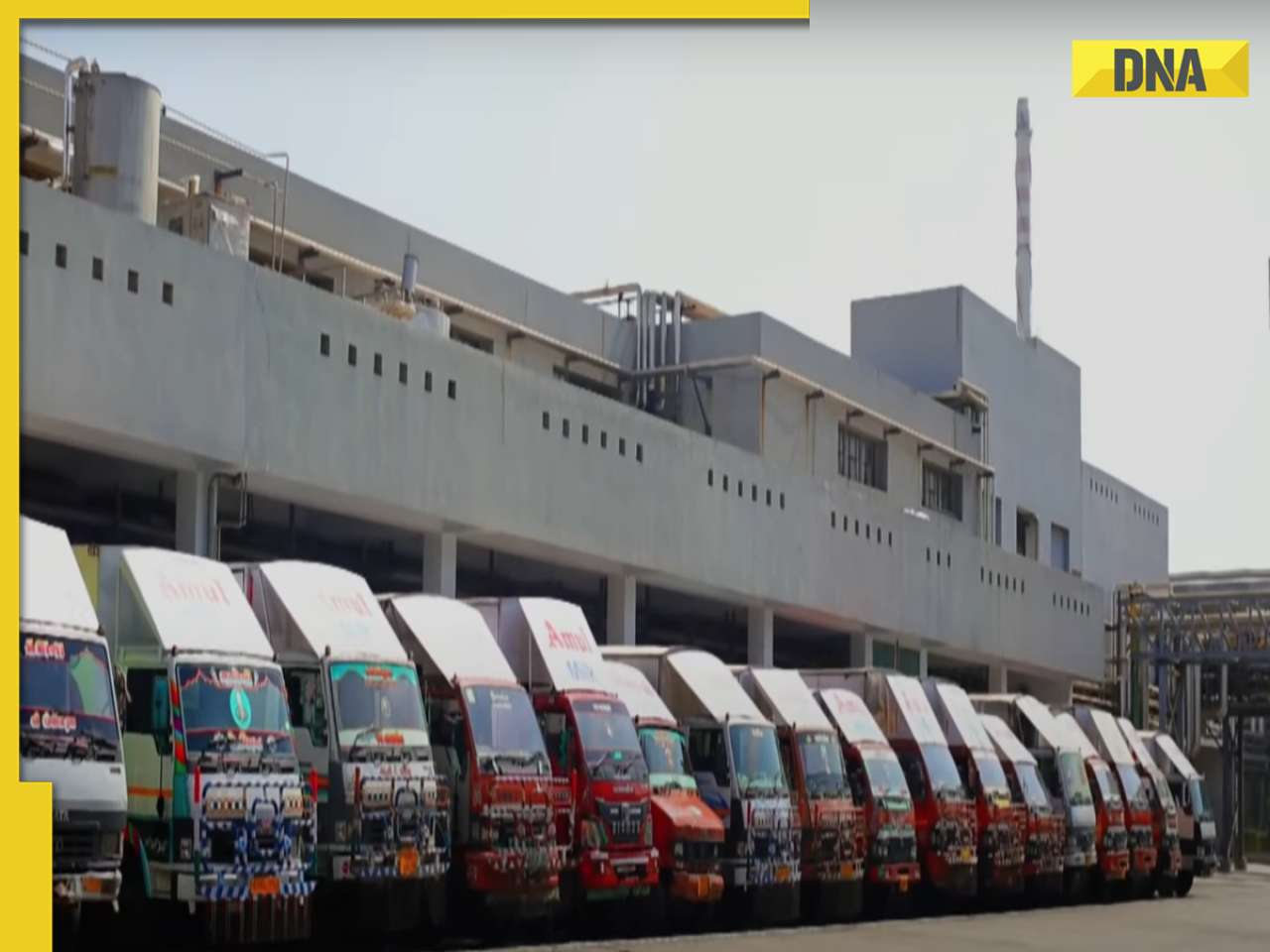


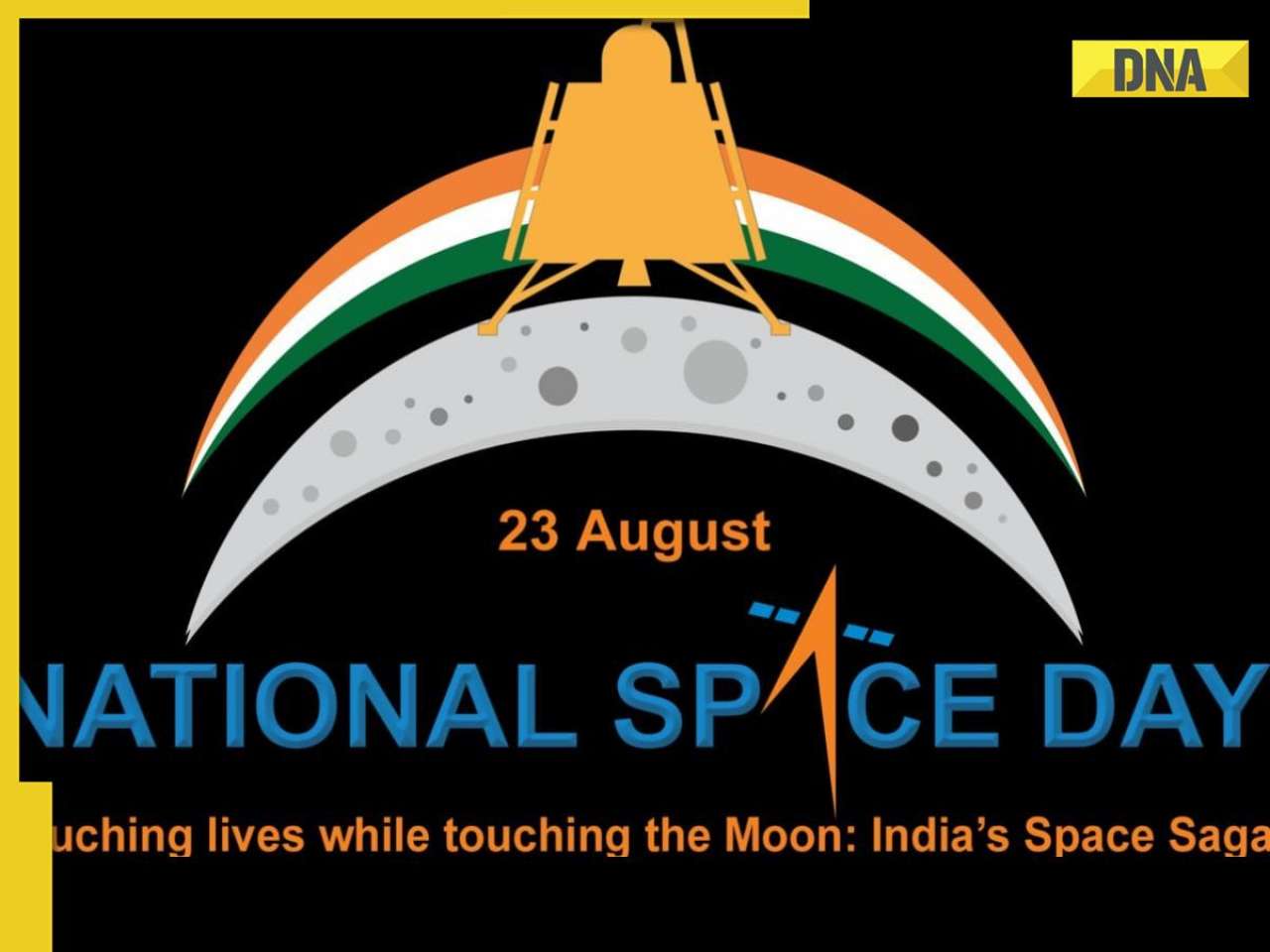
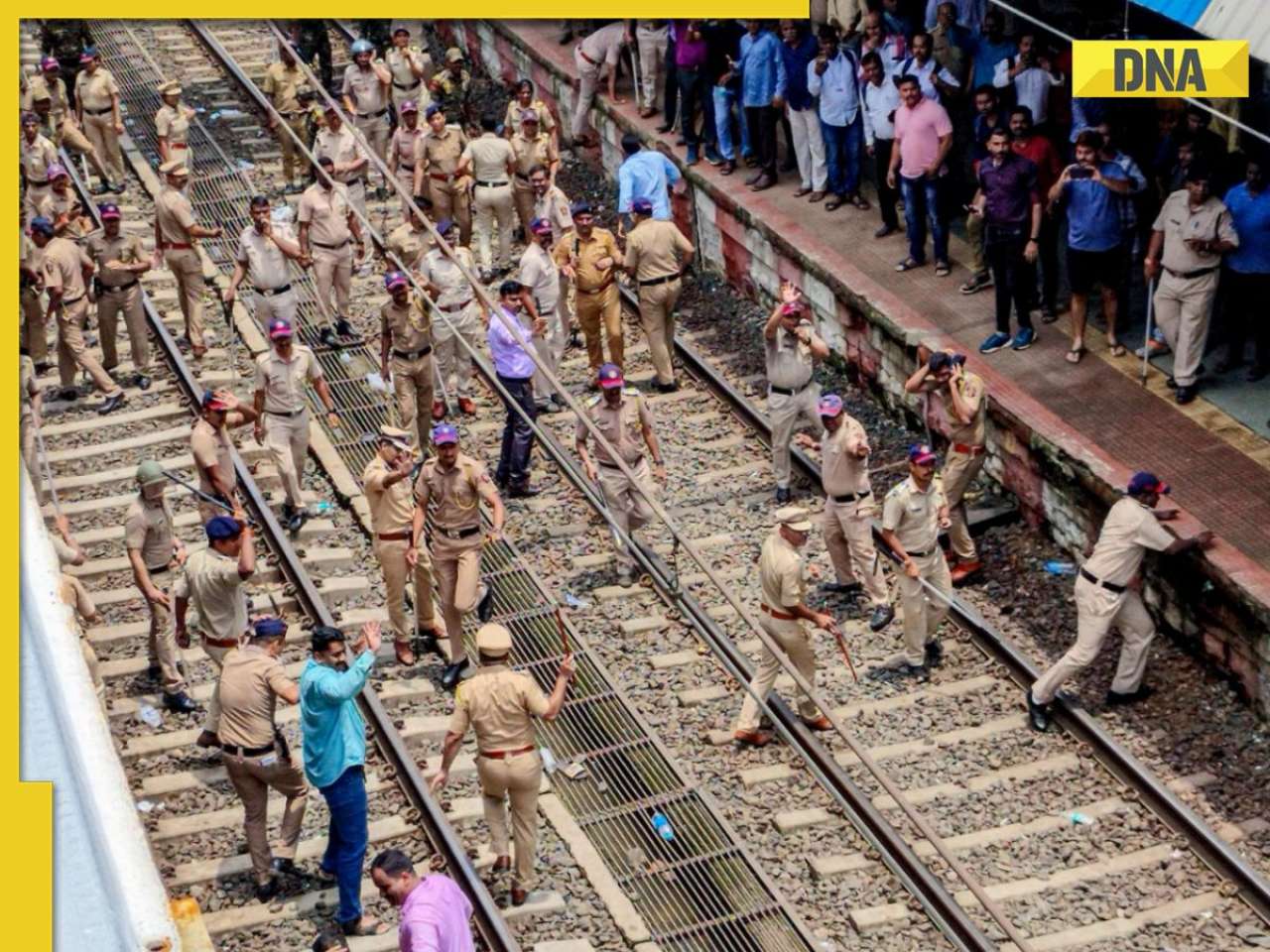






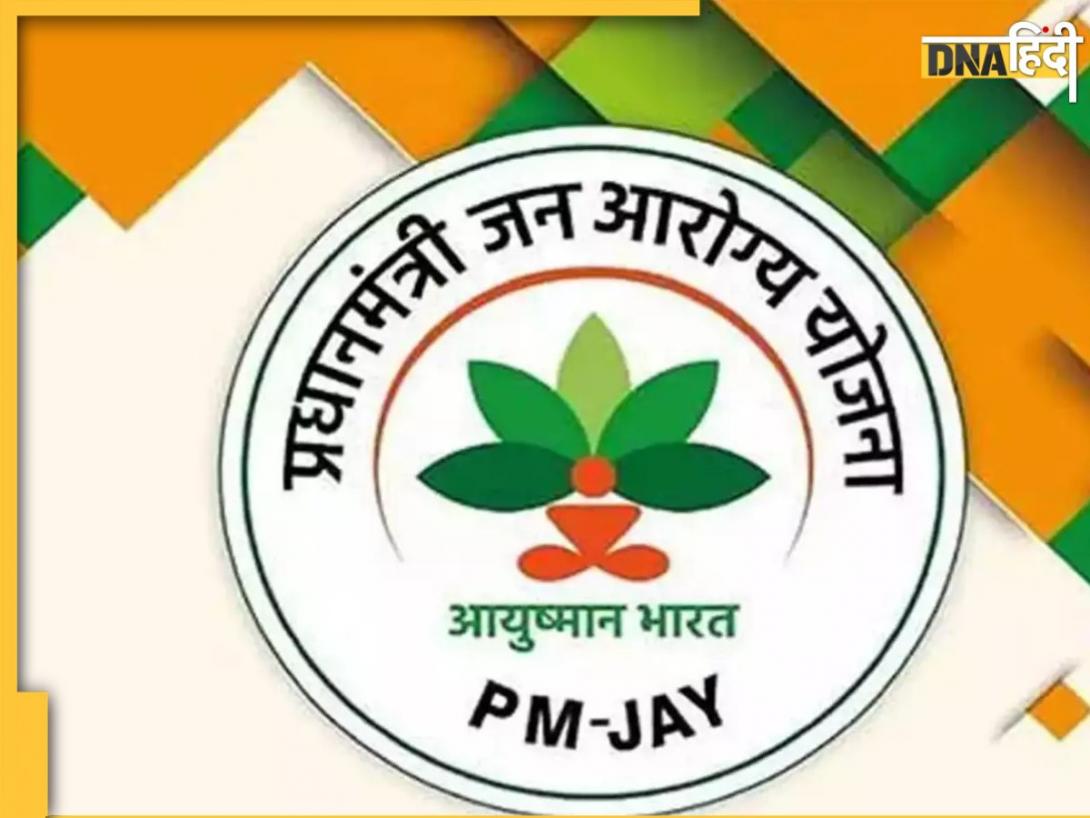

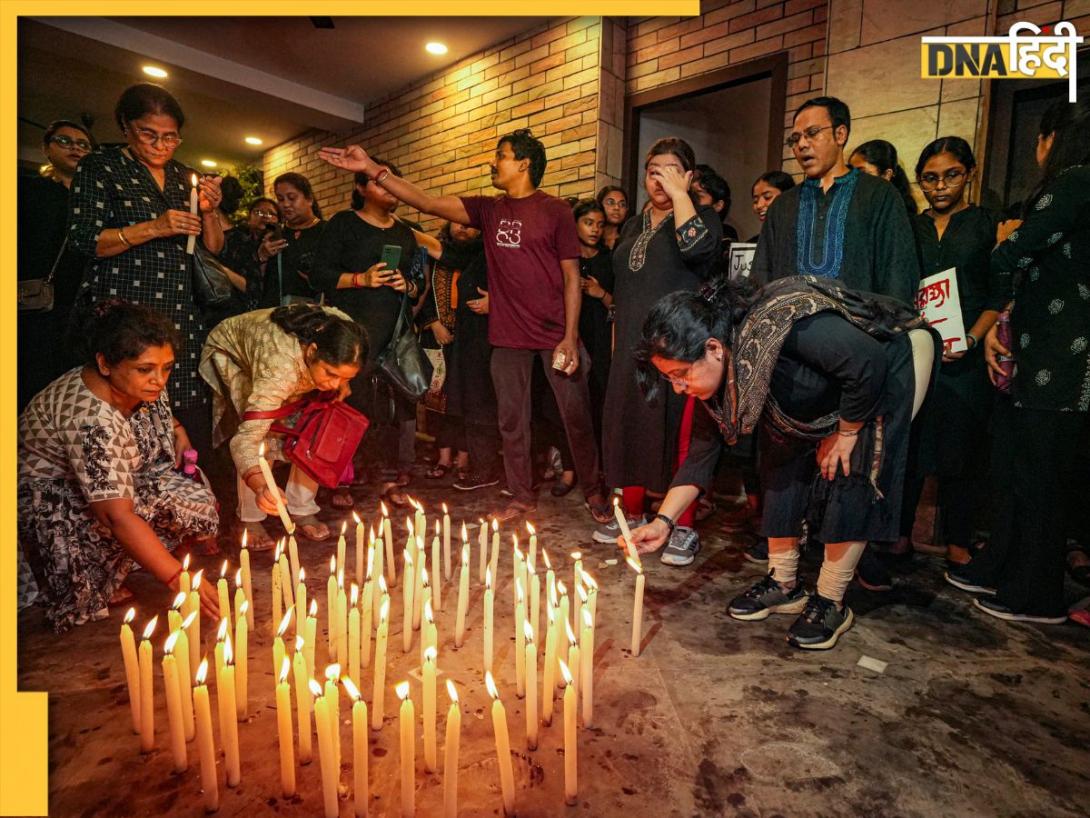






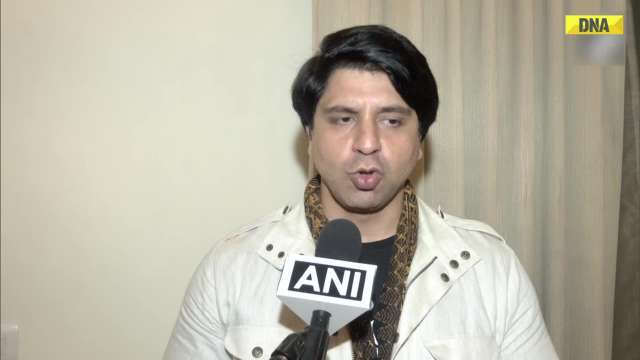
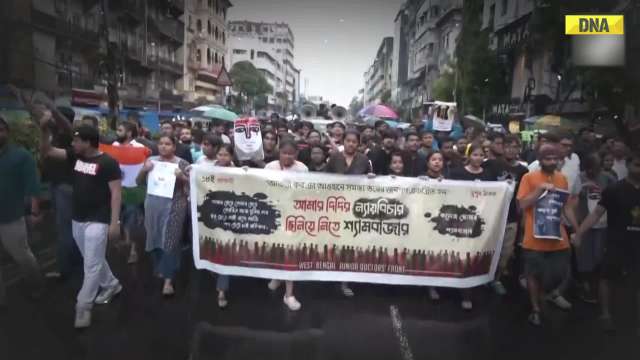







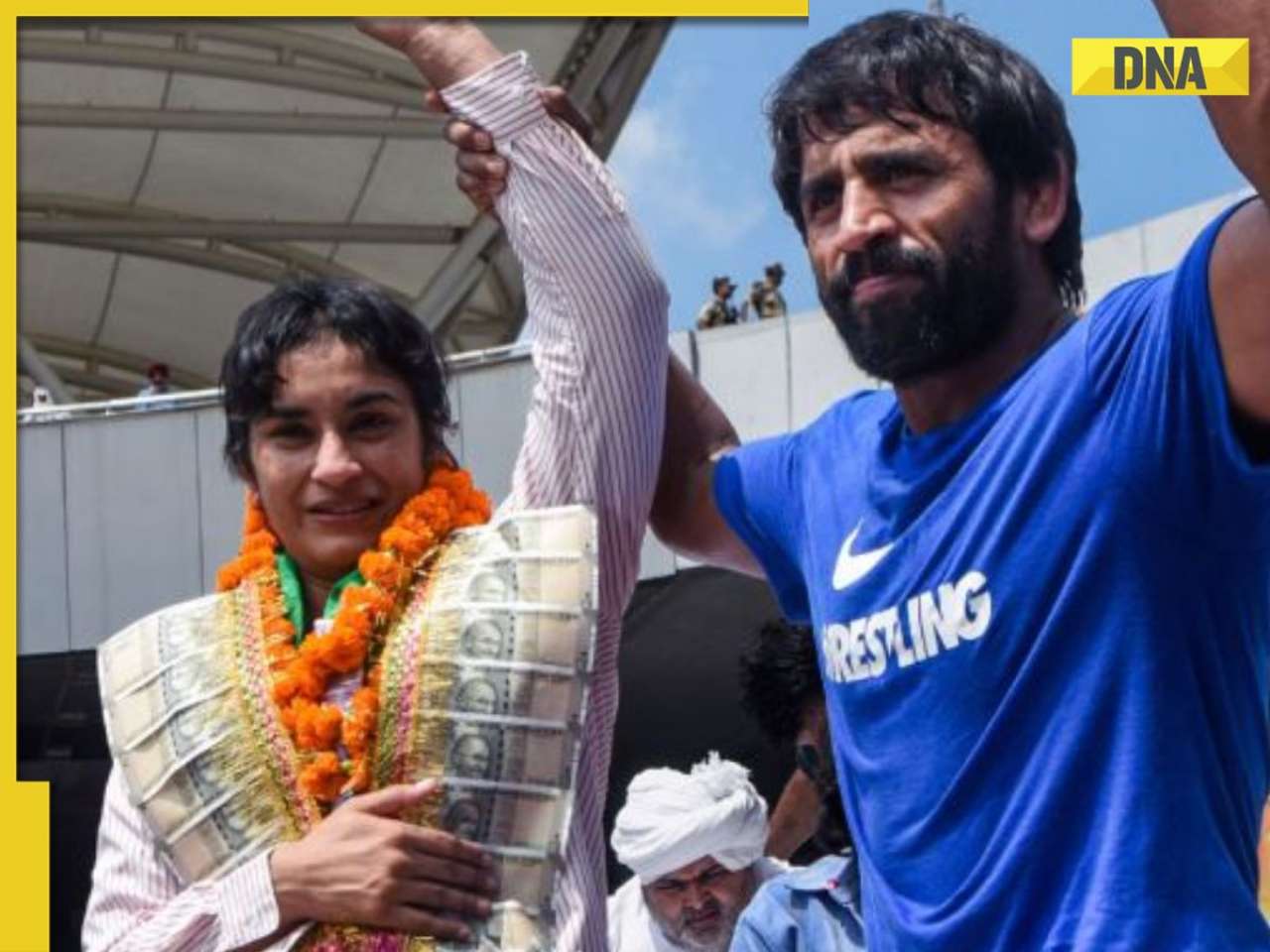






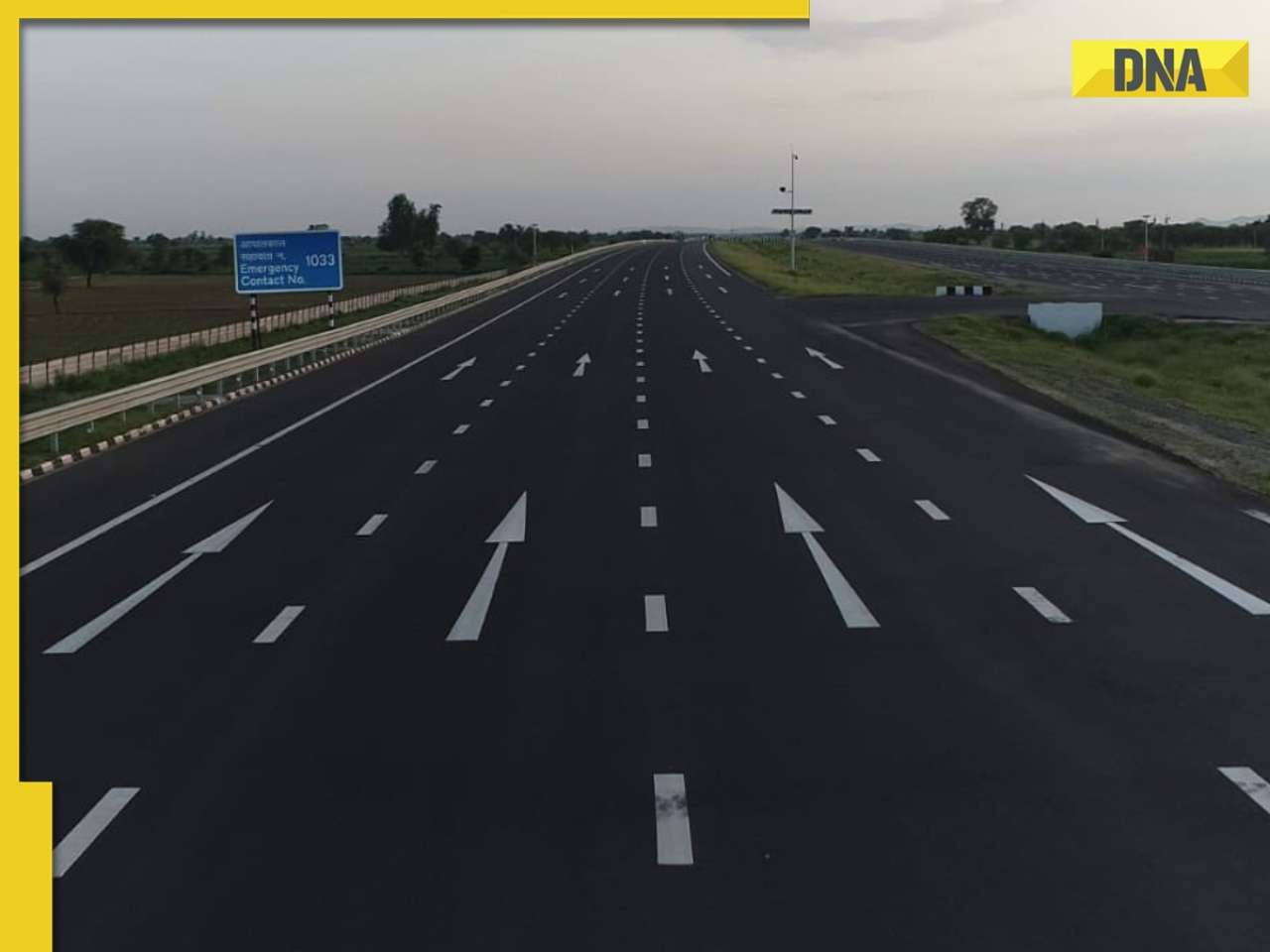
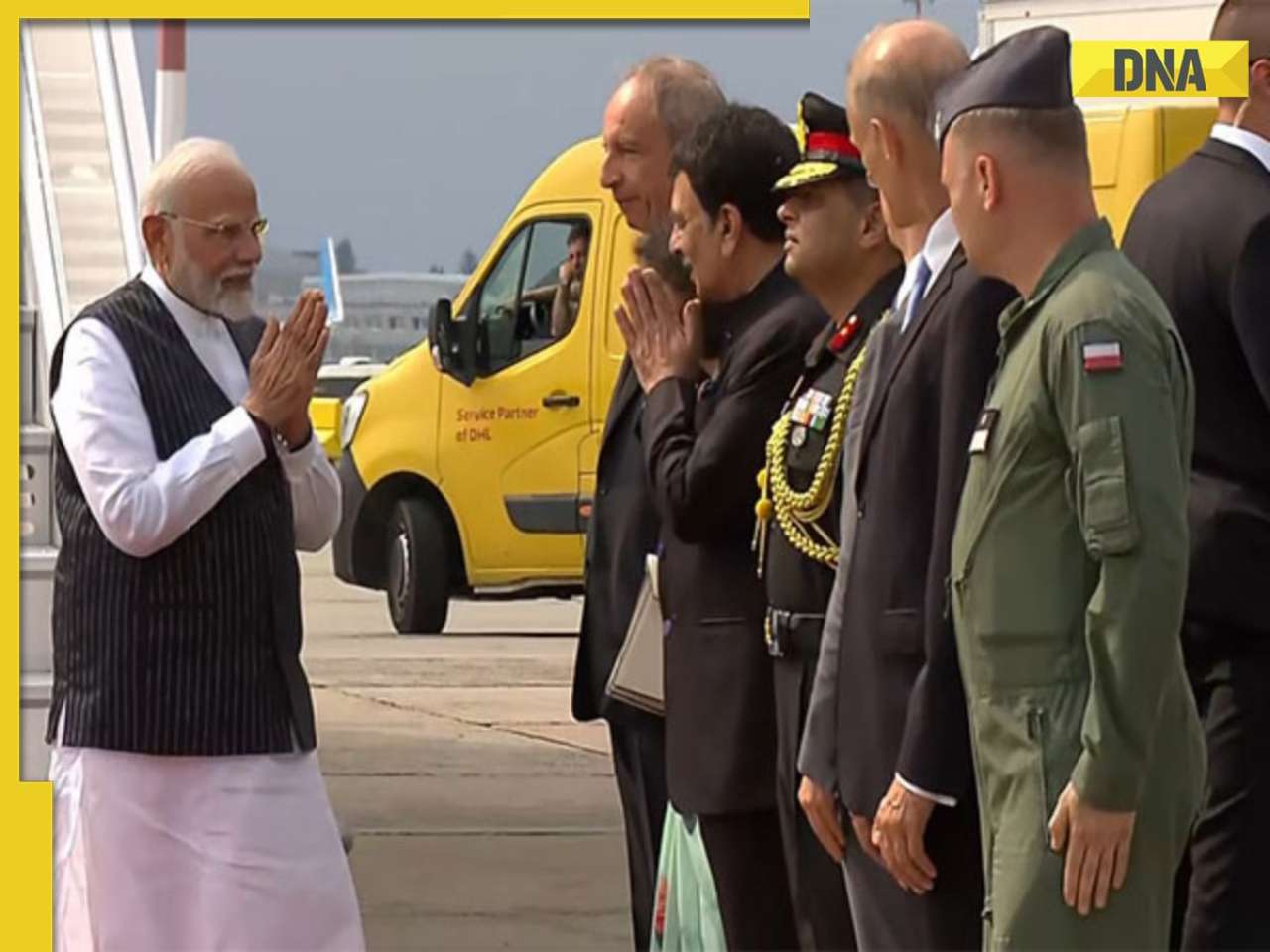
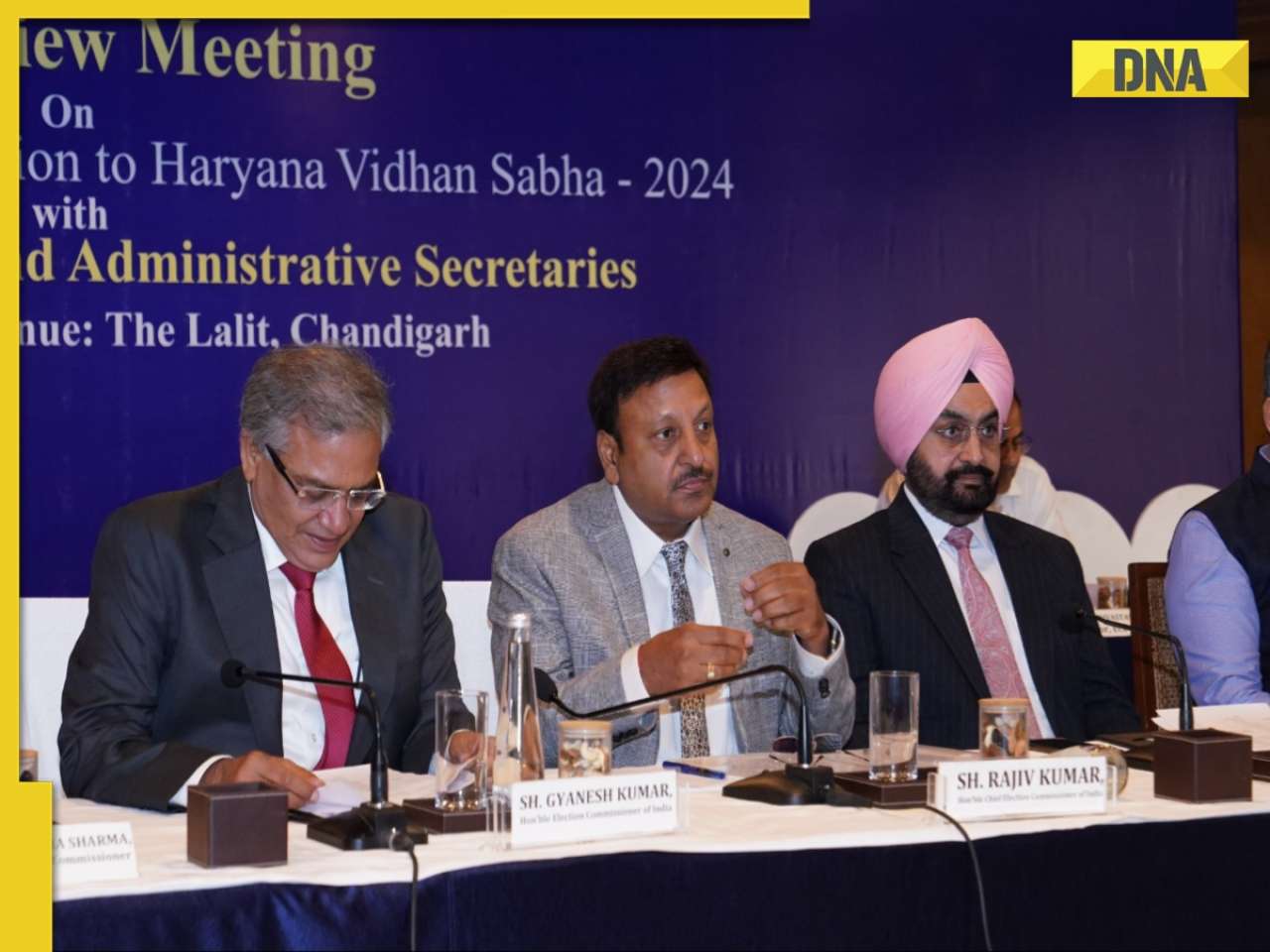
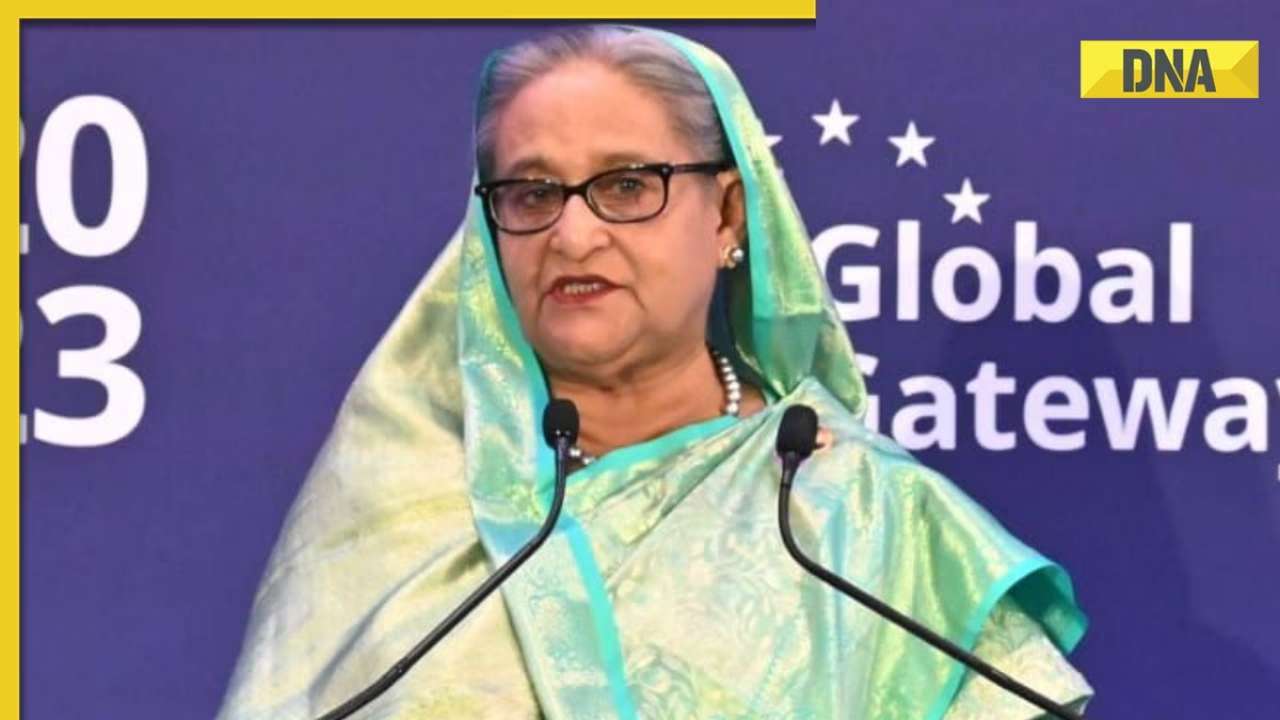

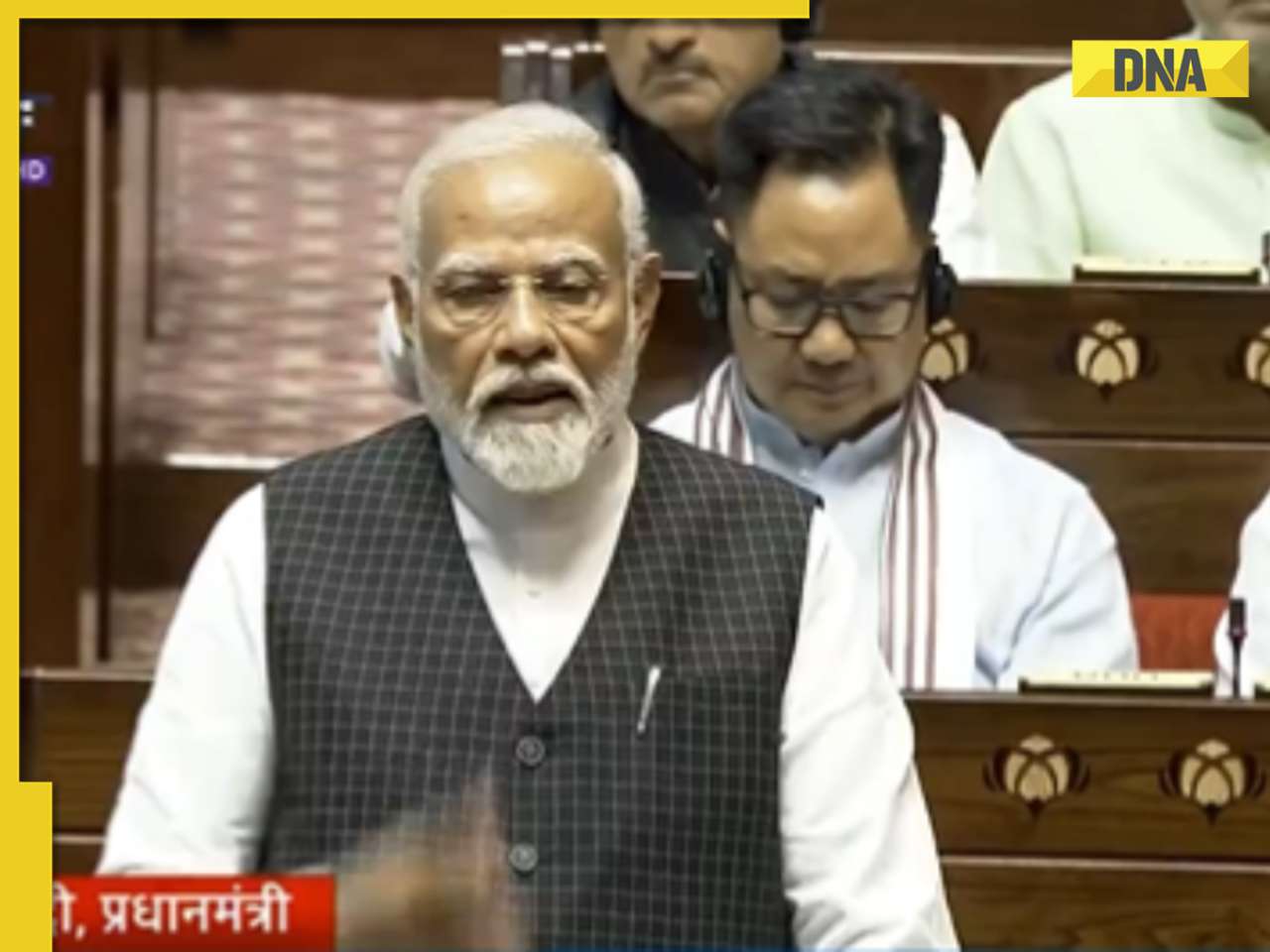


)
)
)
)
)
)
)
)
)
)
)
)
)
)
)





)
)
)
)
)
)